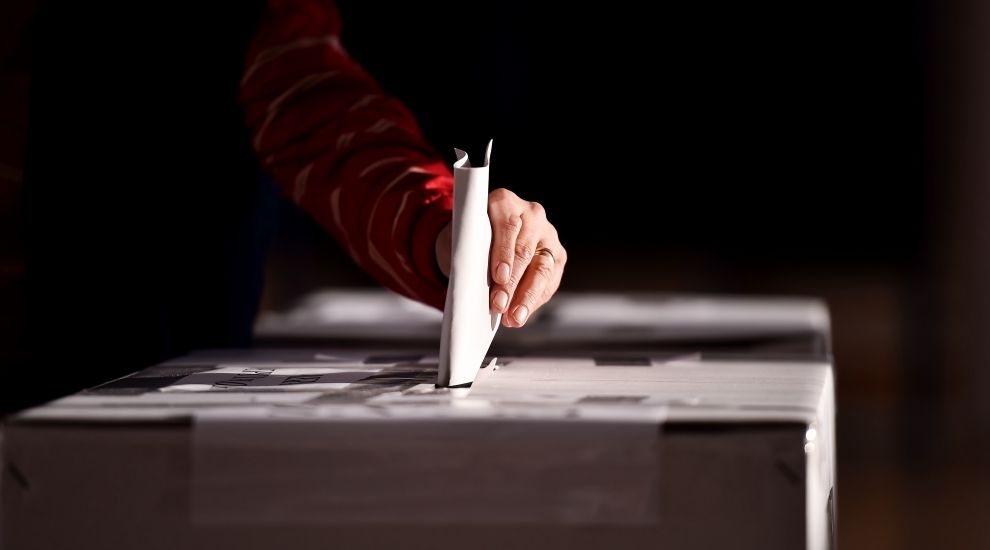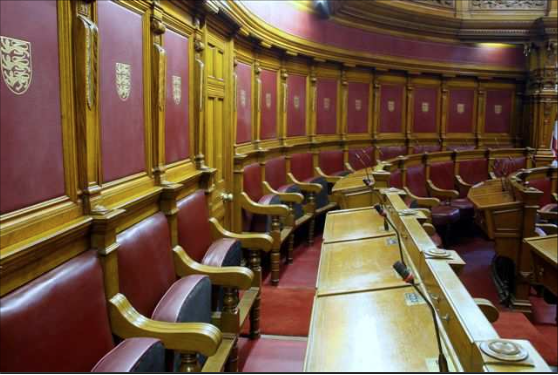

A team of specialists from across the Commonwealth, who’ve been in the island monitoring the recent election, say the current States system is cumbersome, confusing and potentially undemocratic.
In its initial report the Commonwealth Parliamentary Association British Islands and Mediterranean Region says many voters don’t understand the three-member set up of Constables, Senators and Deputies.
The observers also say the current way the Constables and Deputies are elected isn’t in keeping with modern practice and needs to be reviewed.
The island’s eight Senators – at one time there were 12 - are elected on an island-wide basis so every voter gets to have a say in who gets to sit in the States. But the Constables and Deputies are elected on a parish or district basis.
The system is potentially undemocratic because it means voters in a small rural parish like St Mary with a population of 1,752, might have more say on who sits in the States than those living in a big urban parish like St Helier, with a population of 33,522.
The current system is at odds with the obligations of the States of Jersey under the International Convention on Civil and Political suffrage. As the UN Human Rights Committee puts it: “…within the framework of each State’s electoral system, the vote of one elector should be equal to the vote of another.”

Pictured: Jersey's electoral system is at odds with the island's UN comitments.
In some ways the role of a Deputy is supposed to sort out the problem.
The more people living in the parish the more Deputies it gets. So, St Mary and many of the rural parishes only have one Deputy, whilst St Brelade has three, St Saviour five, and St Helier 10.
But again the observers have concerns. They says the number of Deputies elected in the various districts in the urban parishes seems to be based on the 2011 census.
The team says “it is good international practice that the drawing of boundaries be undertaken in a transparent and consistent procedure established by law and that boundaries are regularly reviewed to reflect demographic changes."
These issues have been raised before, and various solutions put forward. But no action taken.
One suggestion has been to have all States members elected on an island-wide basis. The argument against this it would be too confusing with voters having to choose from a possible list of up to 100 candidates, would take too long to count, and could result in lots of candidates polling the same number of votes. Another has been to draw up Super Constituencies that would combine parishes and more accurately reflect current population distribution. This was approved in a referendum but later rejected by the States.
Related to this issue of equal representation is the number of candidates who are ‘voted’ into office unopposed, an act which the observers say "reduces the competitiveness of the election." Only in St Mary did voters get to choose Senators, a Constable and Deputy. If all seats were island-wide, no one would get in unopposed.
The CPA says it’ll be producing a more detailed report on its findings within the next two months and will make further recommendations, although these won't be binding.
Comments
Comments on this story express the views of the commentator only, not Bailiwick Publishing. We are unable to guarantee the accuracy of any of those comments.